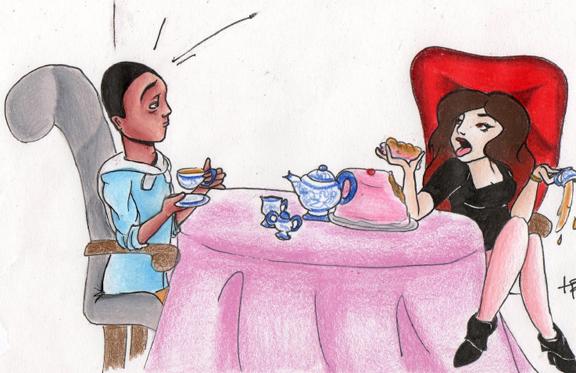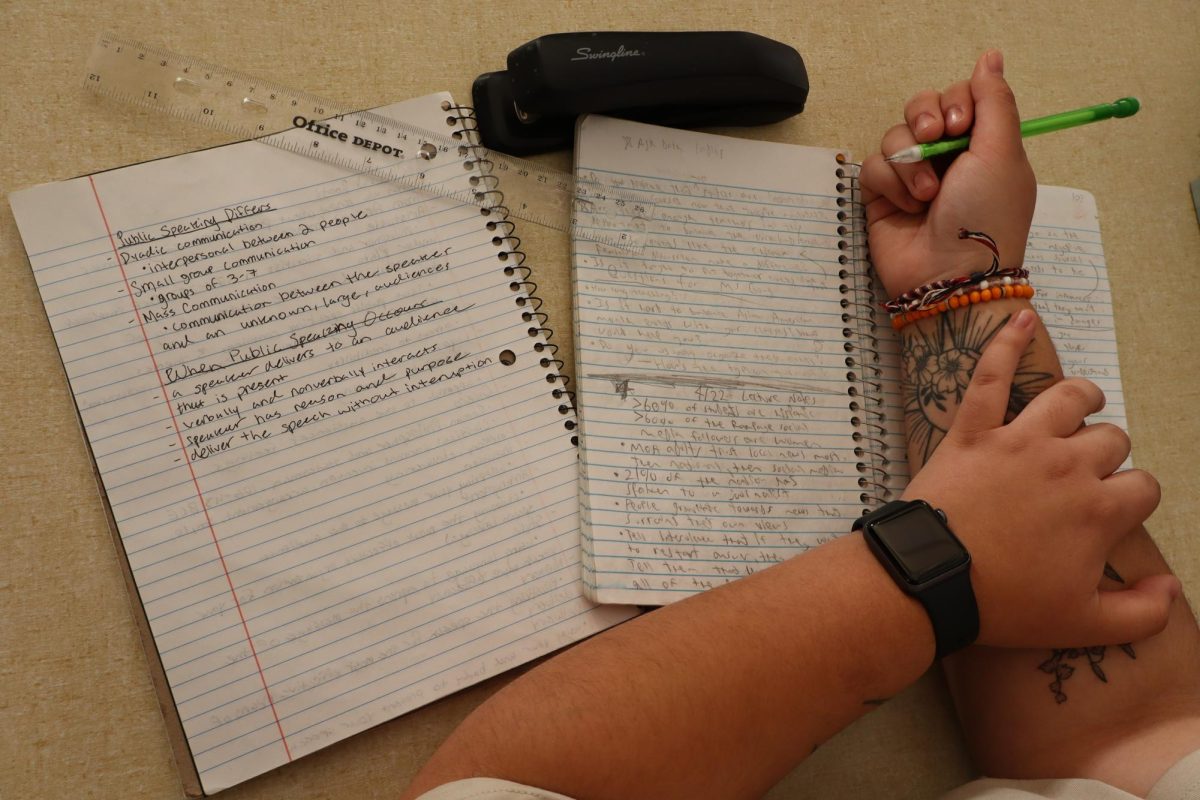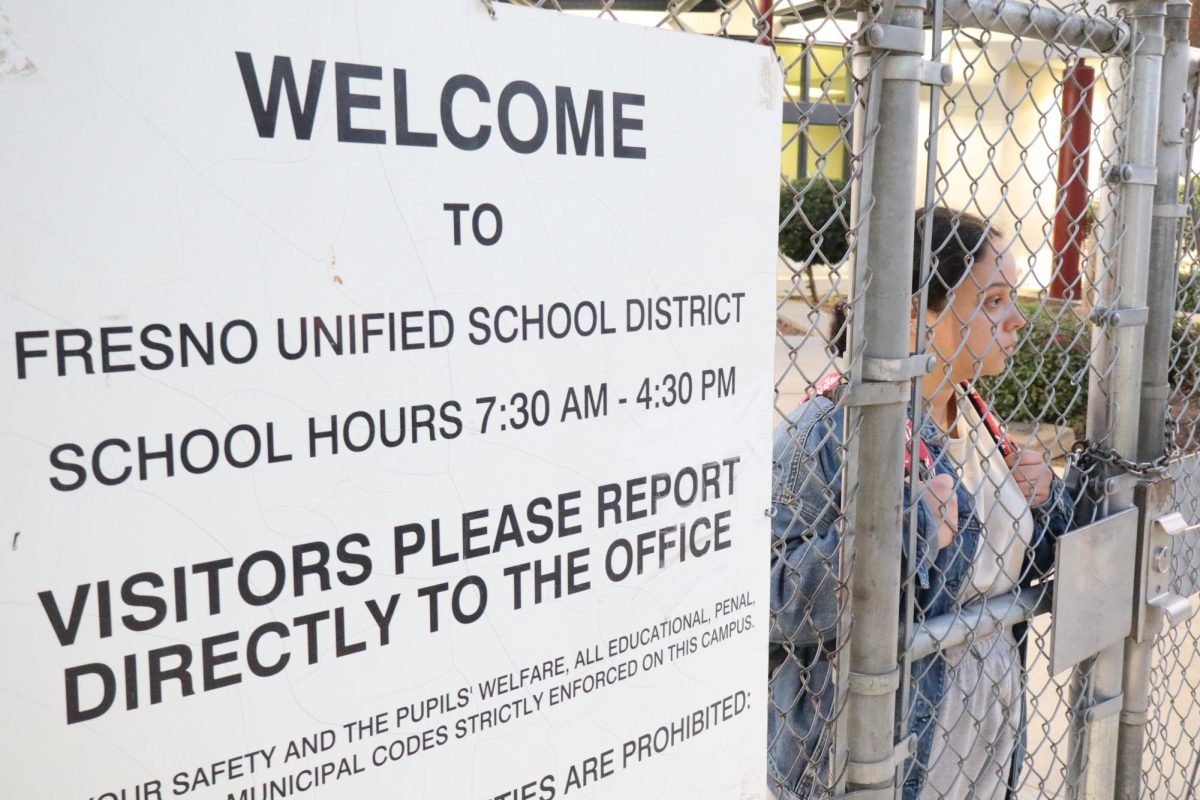A lack of awareness in how one comes across paves the way for uncivilized and uncouth behavior. The manners that you exhibit speak volumes about you and could help to cement a good first impression.
Classroom Etiquette
It is evident that class time is limited. As such, there are certain behaviors that should be prohibited to avoid rudeness and unnecessary distractions to both instructors and fellow students. If you find it entertaining to arrive to class intoxicated on marijuana or to disrupt the classroom by sharing the irrelevant details of your mundane existence, then perhaps you need to rethink your life and educate yourself on the basics of decorum.
Those that insist on utilizing a laptop to take notes during a lecture should be wary not to lapse into surfing the Internet or using Facebook. Surely you can wait until after class to tell the world about your grievances.
Tardiness is another issue prevalent in classrooms. You wouldn’t be late for a job interview so there is certainly no reason that you should be late for class. While it is understandable for students to be tardy on occasion, if it occurs often then a reason should certainly be given.
Other clear signs of disrespect to the instructor include using cell phones or talking with others in class. Both actions disturb the learning environment and express that you don’t care to be in the class. The exceptions include if you’re expecting an urgent call. If that is the case, simply notify the instructor beforehand and excuse yourself when the time comes.
Ideally, cell phones should be turned off once class has begun. In addition, hurrying to exit the class early as though there was a prize to be won for the first student to reach the door is unacceptable. Much like the ever-present texting, it should be avoided since flaunting your lack of interest is rude.
Cell Phone Etiquette
Cellular phones have pervaded modern society and the ubiquitous use of such devices warrant behavior that is often inexcusable. The cardinal rule is that one does not text message or take phone calls when involved in any sort of social interaction, whether it be during the course of a meal or merely socializing with friends or family. If you must use a cell phone, then inform the person to whom you are speaking and excuse yourself from the conversation when the time comes. Aside from the noted exceptions, it is best to turn off your phone.
How does it feel to be speaking to someone only to discover that they have been texting throughout the conversation? Clearly whatever you have to say isn’t as important as you would think. People are often unaware of how they come across to others, particularly in social situations. Take note to just put the phone away. The person you are speaking to in a face-to-face interaction holds more importance than the one who is calling, so be sure to ignore the phone call and make a mental note to respond to them later.
“Consideration for the rights and feelings of others is not merely a rule for behavior in public but the very foundation upon which social life is built,” said Emily Post on the necessity of etiquette. You wouldn’t want to offend those around you with your terrible lack of social grooming.
You might find yourself having the urge to text your friend the news that you’re partaking in the thrilling activity of eating food or that you witnessed a man bite a dog, but those frivolities can wait. Also, for those that find themselves compelled to text while driving, it would be sensible for you to have health insurance or, more importantly, car insurance.
Ignoring someone intentionally because you choose not to deal with them is a sign of terrible upbringing. While it is possible that one forgets to respond to text messages, it is best to correct the behavior as soon as it occurs. Alert the person that you didn’t respond to with the reason why you weren’t able to get back to them and follow up with an apology for your actions.
Table Etiquette
Take a stroll through the café or cafeteria at FCC and you’ll notice that it is much like feeding time at the local zoo. The truth remains that many are unaware of how barbaric their manners appear. Dining is more than just an activity to digest food. It is a social event, therefore rules are in place.
As delicious as your food might be, it is unacceptable to lick your fingers or pick your teeth at any time during or after the course of the meal. It is also commonly looked down upon to smack your mouth and slurp your drink. These are behaviors reserved for animals. Also, when is it ever alright to chew with your mouth open? Never. The same goes for talking with your mouth full.
Posture is another behavior that should be maintained at the table. For example, elbows have no place on the table during a meal and one should not slouch or fidget at the table. Rather than reaching over the table for a condiment or dish, simply ask that someone pass it to you. In addition, excuse yourself before leaving the table no matter who is in your company.
It is not expected for you to understand how to properly place table settings. However, it is advised to understand which utensil should be used to begin the meal as well as the correct way to hold them. Those of us that have grown past the age of four have learned these sorts of things. Finally, never underestimate the importance of the napkin. It is there for a reason.
Social Etiquette
The rules that govern social behavior are perhaps the most vital since communication serves as a foundation to our lives with human being social creatures. Basic rules include making eye contact with those that you’re engaged with in conversation, lessening the amount of times that you swear as to not offend your listener, and being aware of both your body language and facial expressions.
A study by Doctor Paul J. Zak, Director of the Center for Neuroeconomics Studies and Professor of Economics, Psychology and Management at Claremont Graduate University, wrote a book titled “The Moral Molecule” where he elaborated on the study of the effect of good manners on the brain. Zak found that when one is kind towards another person, the recipient’s brain releases oxytocin, a hormone, which causes him or her to respond with kindness.
“My experiments have found that those who release the most oxytocin when they are trusted have higher quality relationships of all types: romantic, friendships, and with family members,” said Zak.
The simplest rules were taught to us at a young age and those consist of the magic words: “please,” “thank you” and “excuse me.” “Please” is often used to show courtesy while saying “excuse me” expresses awareness and acknowledgement. The phrase “thank you” shows appreciation. As a response to hearing it, try not to say “it was nothing” since that minimizes the action that was taken on your behalf. Instead, simply say “you’re welcome.”
Tardiness when meeting a friend on a constant basis is highly unacceptable. It expresses that you have a disregard for time and that your time is more important than the person you are meeting. If you are to meet a friend for lunch or after class, then be sure to at least arrive early. If not, give them an ETA, or estimated time of arrival.
A faux pas found in social interactions is the act of discussing controversial topics such as sex, money, politics or religion in a public setting. These topics are seen as taboo since they are highly personal subjects that are difficult discuss in a civil manner. A rule of thumb is that it is best to avoid them entirely.
The best way to recover when a social gaffe has been made is to apologize to the other party. Whether you accidentally interrupt someone while they are speaking, forget to introduce one friend to another or unintentionally offend someone, apologizing is the best reaction to correct your behavior. Most times, one could appear to be socially graceful by merely being attentive of how they come across to those they are around. Not possessing a well-bred background doesn’t mean that you can’t possess social graces. Most behavior is learned, so it is up to you to educate yourselves.
“In point of fact, we are all born rude,” said Miss Manners.
However, we all have equal potential to grow into charming, poised and respectable individuals.






